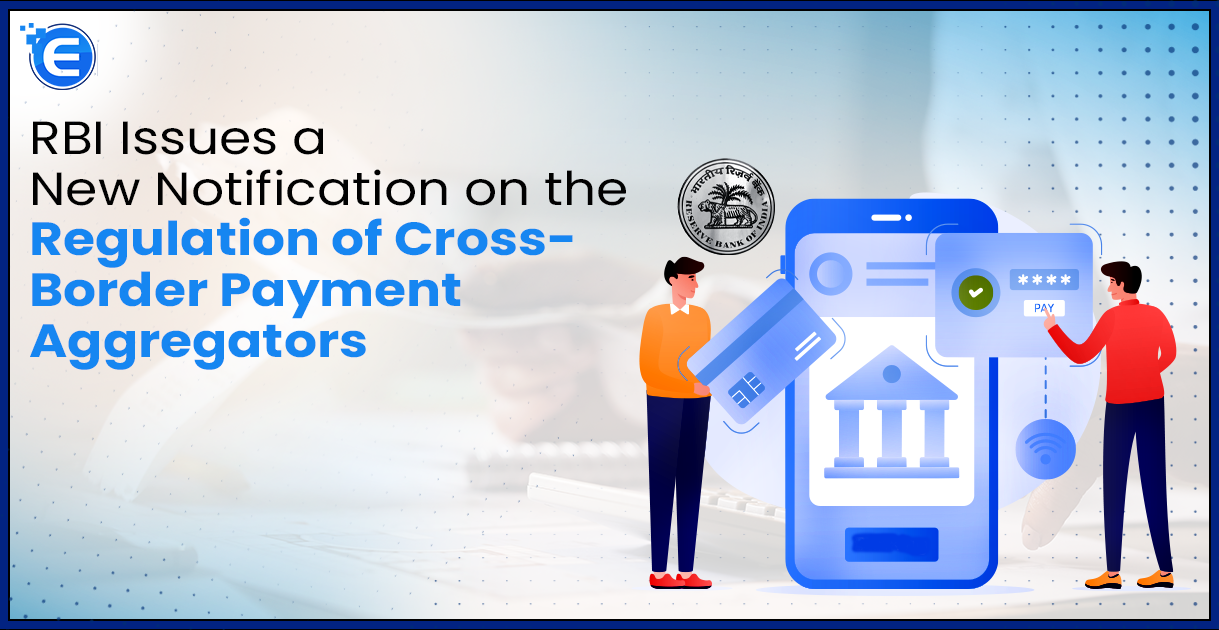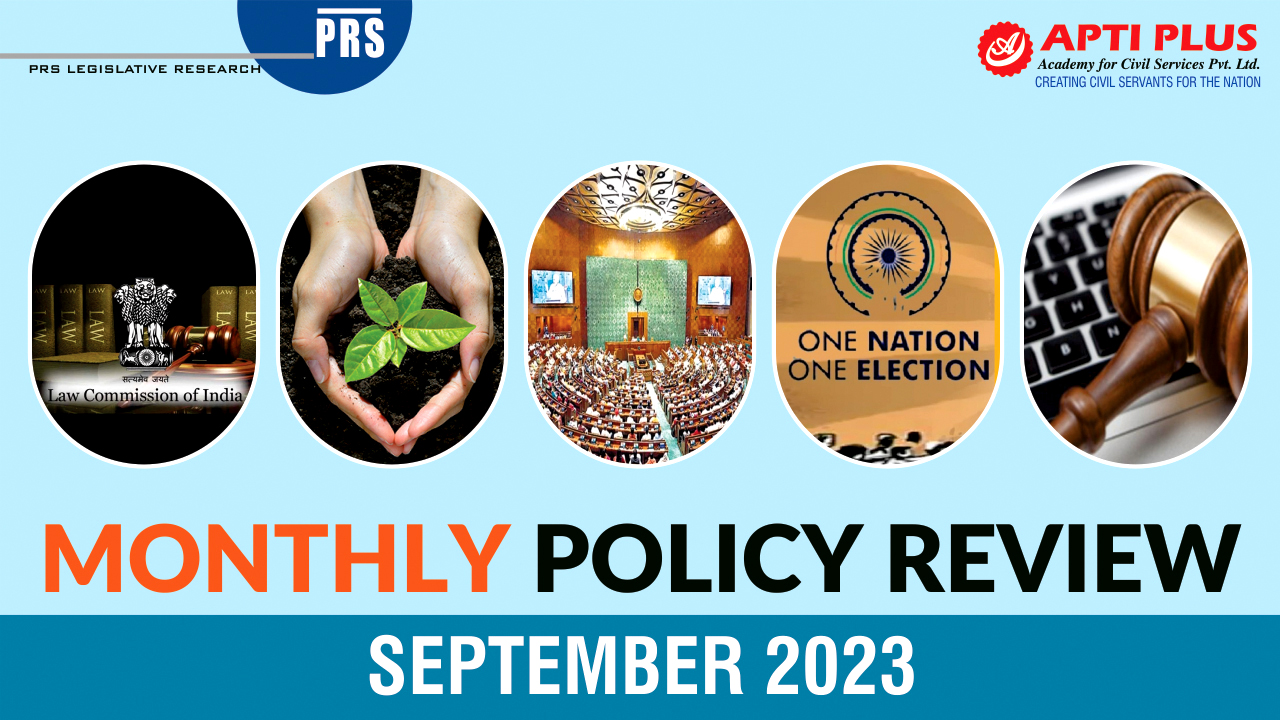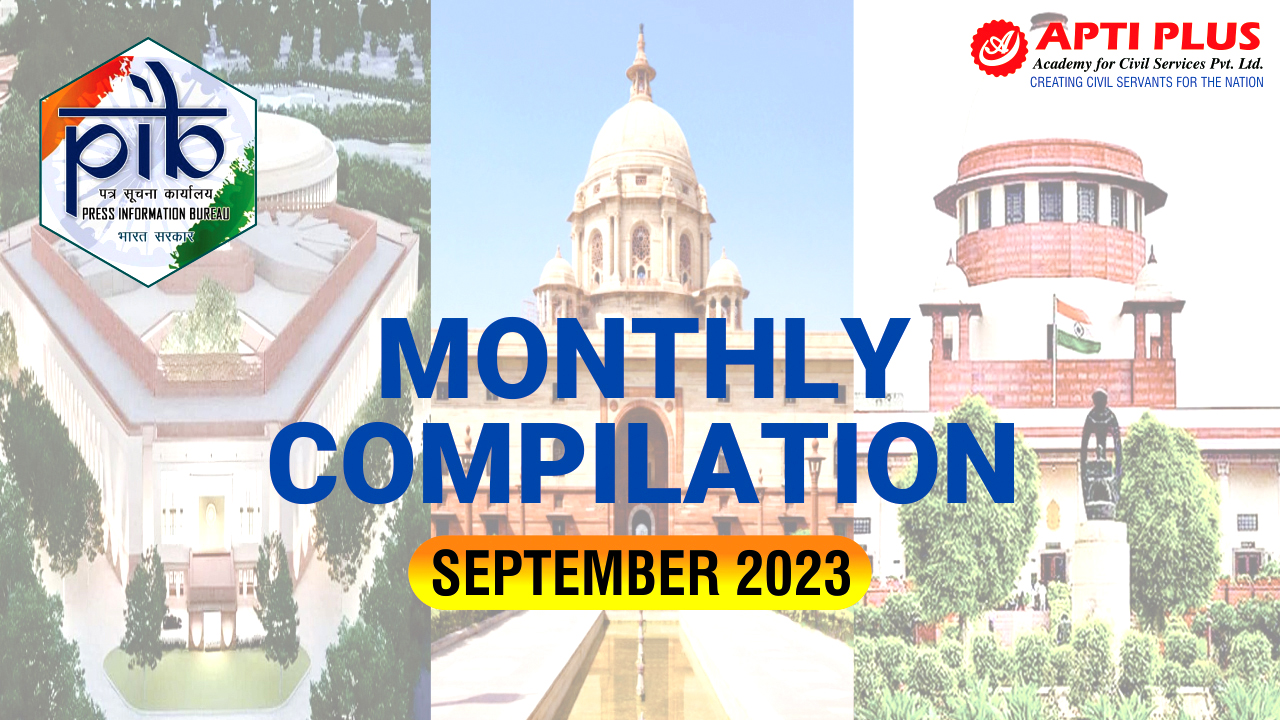Description

Copyright infringement not intended
Picture Courtesy: enterslice.com
Context: The Reserve Bank of India (RBI) has introduced new regulations for entities facilitating cross-border payments for the import and export of goods and services.
|
Payment Aggregators (PAs)
●PAs play a crucial role in facilitating payment transactions for merchants, allowing them to accept a wide range of payment methods without the need for a direct merchant account with a bank.
●A PA, also known as a merchant aggregator, is a third-party service provider that integrates with merchants' websites or apps to enable them to accept various forms of payments, both online and offline.
●They facilitate various types of payment transactions, including cash, cheques, online payments from multiple sources, and offline methods, making it convenient for both merchants and customers.
●Merchants using a PA do not need to establish a separate bank-based merchant account, simplifying the process of accepting payments.
●Payment Aggregators (PAs) in India can be incorporated under the Companies Act 2013 and may either be banks or non-bank entities, offering a diverse range of choices for merchants.
●Some examples of PAs in India include Amazon Pay, Google Pay, Razorpay, Pine Labs, and others.
|

Key Highlights of the Reserve Bank of India's (RBI) new regulations
Introduction of Payment Aggregator-Cross Border (PA-CB)
- The Reserve Bank of India (RBI) has introduced new regulations to directly oversee and regulate entities involved in facilitating cross-border payments for the import and export of goods and services. These entities will be designated as Payment Aggregator-Cross Border (PA-CB).
- The PA-CBs will be required to adhere to specific guidelines and regulations set by the RBI. This regulatory oversight is aimed at ensuring the security and transparency of cross-border payment transactions and enhancing the overall efficiency of international trade.
- The direct regulation of PA-CBs by the RBI signifies an increased level of accountability and scrutiny for these entities. This move is intended to promote confidence in cross-border payments and minimize potential risks associated with international trade transactions.
Net Worth Criteria
- To ensure the financial stability and reliability of these entities, the RBI has introduced net worth criteria that non-bank entities providing PA-CB services must meet. These criteria are as follows:
- Existing Non-bank PA-CBs (as of the circular date, October 31): These entities must have a minimum net worth of ₹15 crore at the time of applying for authorization. By March 31, 2026, they should have a minimum net worth of ₹25 crore.
- New Non-bank PA-CBs: Entities that have not started their operations before the circular date must also meet the minimum net worth requirements. They should have a minimum net worth of ₹15 crore at the time of applying for authorization and must increase it to ₹25 crore by the end of the third financial year of authorization.
Application for Authorization
- Non-bank entities offering Payment Aggregator-Cross Border (PA-CB) services that were operational as of the circular date (October 31) must submit their applications for authorization to the RBI by April 30, 2024.
- While the authorization process is ongoing, the entities are allowed to continue providing cross-border payment services. This provision ensures a transitional period during which they can continue their operations until the RBI decides on their authorization.
Categories of Authorization
- The authorization for PA-CB activity can be sought in one of three categories:
- Export-only PA-CB: This category is for entities that exclusively facilitate cross-border payments related to exporting goods and services.
- Import-only PA-CB: These entities focus solely on import-related cross-border payments.
- Export and Import PA-CB: Entities that handle both exporting and importing transactions are categorized as export and import PA-CBs.
FIU-IND Registration
- Non-bank Payment Aggregator-Cross Border (PA-CB) entities that were in operation as of the circular date must first register with the Financial Intelligence Unit-India (FIU-IND) before seeking authorization from the RBI.
- This registration requirement is in place to ensure that these entities adhere to anti-money laundering (AML) and counter-terrorism financing (CTF) regulations, enhancing the overall security and integrity of cross-border payment services in India.
Due Diligence for High-Value Transactions
- When the value of goods or services imported through a Payment Aggregator-Cross Border (PA-CB) exceeds ₹2.5 lakh, the PA-CB is required to initiate due diligence procedures.
- The purpose of this due diligence is to enhance security and mitigate risks associated with high-value cross-border transactions by verifying the identity and legitimacy of the buyer involved in the transaction.
Customer Due Diligence
- The responsibility for conducting customer due diligence lies with the merchant. This applies to all entities involved in cross-border transactions, including directly onboarded Indian merchants, e-commerce marketplaces, and entities providing Payment Aggregator (PA) services.
- Customer due diligence involves the verification of the identity and background of customers. Merchants are required to ensure that they have accurate and up-to-date information about their customers engaging in cross-border transactions.
- The proceeds from the Export Collection Account (ECA) should only be settled in the accounts of these verified Indian merchants. This measure is implemented to maintain transparency and traceability in cross-border transactions and ensure that funds are channelled to legitimate recipients.
Deadline for Non-compliance
- Non-bank Payment Aggregator-Cross Border (PA-CB) entities must meet the prescribed net worth requirement. Those unable to meet this requirement will face non-compliance consequences.
- Non-bank PA-CBs must also apply for authorization by July 31, 2024. Failure to meet the net worth requirement or apply for authorization within this timeframe will result in the cessation of their PA-CB activities, effectively prohibiting them from offering cross-border payment services.

Conclusion
- The regulations introduced by the RBI are designed to provide clear oversight and control over cross-border payment services, particularly for the import and export of goods and services. The net worth criteria and registration requirements are intended to ensure the financial stability and security of these transactions, and the due diligence measures aim to prevent potential financial crimes and fraud in high-value transactions.
Must Read Articles:
Payment Aggregator: https://www.iasgyan.in/daily-current-affairs/payment-aggregator















